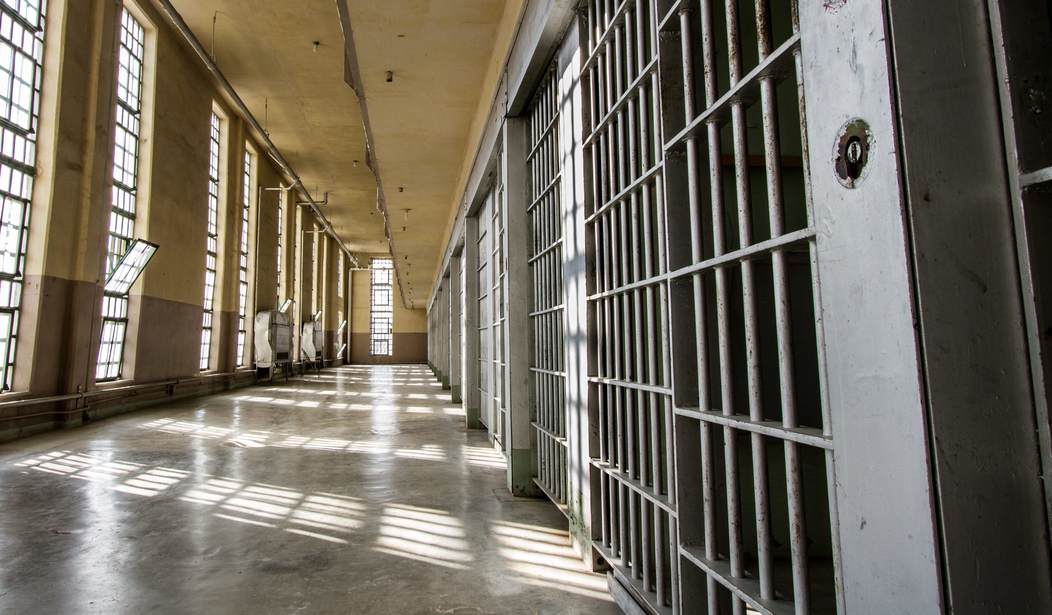WASHINGTON — Lawmakers are protesting the Census Bureau’s decision to keep counting inmates at their current location instead of neighborhood of origin, arguing that accounts to gerrymandering.
The Census Bureau announced last week that military members temporarily deployed will be counted “at their usual home address in the United States, as part of the resident population, instead of their home state of record.”
“Military and civilian employees of the U.S. government who are stationed or assigned overseas on Census Day, as well as their dependents living with them, will continue to be counted in their home state of record for apportionment purposes only,” said the memo. “The 2020 Census will count any non-U.S. citizens who are military or civilian employees of the U.S. government who are deployed, stationed, or assigned overseas on Census Day in the same way as U.S. citizens who are included in the federally affiliated overseas count.”
“The 2020 Census will count the crews of U.S. flag maritime or merchant vessels who are sailing between a U.S. port and a foreign port on Census Day at their usual home address, or at the U.S. port if they have no usual home address,” the memo continued, and “juveniles staying in noncorrectional residential treatment centers on Census Day” will be recorded “at their usual home address, or at the facility if they have no usual home address.” The census “will count people living in religious group quarters on Census Day at the facility.”
Meanwhile, the bureau “will not change where prisoners, college students, and people in other residence situations are counted.”
Rep. Wm. Lacy Clay (D-Mo.), who led the House Oversight Subcommittee with jurisdiction over the 2010 Census, argued in a statement today that “prisoners do not magically appear from thin air — they have hometowns.”
“And more than 75 percent of incarcerated persons will eventually return to the communities where they resided before sentencing. Fairness and accuracy dictate that they should be enumerated as residents of their home communities,” Clay said. “A repeated failure to reverse the prisoner gerrymandering rule would also be racially discriminatory, depriving minority communities of accurate Census counts, which would result in reduced political representation and chronic underfunding for critical programs and projects.”
Rep. Yvette Clarke (D-N.Y.) said the rule is the equivalent of the 1787 Three-Fifths Compromise that did not count African-Americans as whole humans for the purpose of apportioning state representatives.
“I am profoundly disappointed to learn that the Census Bureau has decided to continue its systematic practice of disenfranchisement of communities of color,” said Clarke. “By ignoring the overwhelming voice of a public demanding change, the Bureau continues the inaccurate and outdated practice of counting incarcerated persons as ‘residents’ of the prison locations — artificially inflating the population count and the political power of communities with prisons—instead of their home communities.”
“Across this country, prison-based gerrymandering weakens minority voting strength, power, and influence and transfers that power to predominantly white, rural areas,” she added. “Make no mistake about it, this is the Three-Fifths Compromise of today.”









Join the conversation as a VIP Member